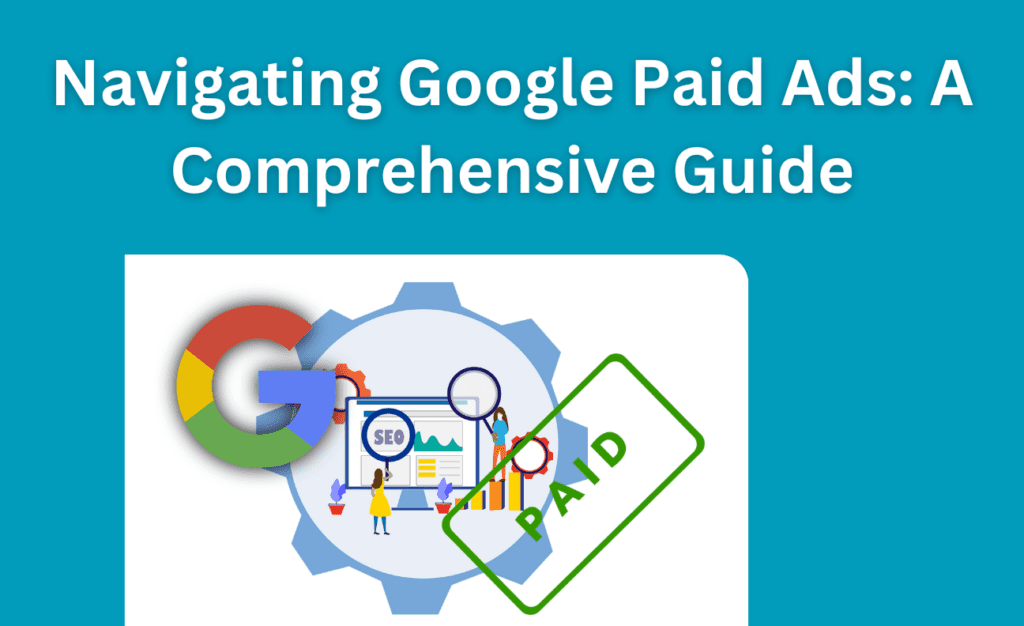Google Hummingbird was released in 2013 and was a major change to Google’s search engine algorithm.
Unlike previous updates, Hummingbird was designed to better understand the intent of users’ queries, not just the keywords.
In this blog post, we will discuss what Google Hummingbird is and what impact it had on the future of search.
What Is Google Hummingbird?
The Google Hummingbird algorithm was a major overhaul of Google’s core algorithm.
It was officially announced by Google in September 2013, after it had been in operation for about three months.
According to Google, the Hummingbird upgrade was created to improve its understanding of what customers search for: it wanted to go beneath the actual keywords and understand the search intent.
The goal of the update was to provide more relevant answers that truly address the query’s meaning rather than only matching keywords in the question to those in the content.
What Search Was Like Before Hummingbird
The foundations of SEO were much the same in 2013 as they are today; the importance of excellent, relevant content that answered users’ questions was still a major priority, as was link building.
However, the search results landscape was completely different. If you entered a query like ‘games,’ the outcomes were exactly what you requested for.
While this may appear to be quite appropriate, it wasn’t.
As a result, they would not provide any in-depth answers or tools about the question.
If you type ‘food’ into Google now, for example, you’ll receive an endless supply of possibilities, such as local restaurants, recipe ideas, and even news articles.
This search term would have generated a standard Wikipedia article on what food is in early 2013 with all of these additional helpful answers being excluded.
The most significant thing to take away from Google’s Hummingbird update is how it makes things easier.
You are considerably more likely to get your answer in a shorter amount of time. Whereas before it might have taken you many clicks and additional queries to obtain the outcome you were looking for.
The Impact of Google Hummingbird
While your site won’t be penalised, like it would with most algorithm upgrades, keyword stuffing or including low-quality, spammy, or irrelevant material is not a good idea.
With the new Hummingbird update, Google may serve customers more effectively by identifying keyword searches and user intent.
To do this, Hummingbird checks websites for two items:
- Keyword Stuffing: The Hummingbird update was designed to figure out what a user is searching for based on purpose rather than just keywords. As a result, you must choose your terms carefully, and your site’s SEO should be optimised so that Google’s web crawlers understand exactly what your site is about. If you don’t do an adequate job using your site map, descriptions, keywords, and any other labels that Google takes into account, you’ll see lower ranks than those with an optimised SEO strategy.
- Low Quality Content: One of Hummingbird’s aims, like Google’s past updates – Panda and Penguin, up to now, was to filter out low-quality sites in order for users to spend less time hunting for answers and enjoy a better search engine experience.
How Google Hummingbird Works
Hummingbird, unlike the Panda and Penguin updates, had a minimal negative influence on websites – Hummingbird was mostly regarded as a very beneficial Google algorithm upgrade.
The objective of Hummingbird wasn’t to penalise sites; it was simply designed to provide more sophisticated responses based less on keyword match and more on the meaning behind a query.
Hummingbird also increased the prominence of Google’s knowledge graphs, which had previously been neglected.
Because Google finally comprehended subject matter in a nuanced manner, search has become more relevant.
Hummingbird’s ability to sift through massive amounts of data and find meaning has resulted in a decrease in Google’s search results’ diversity.
Google is getting smarter and more precise in determining what we want, and Hummingbird was the first step toward providing superior-matched search results
3 Components of Google Hummingbird
With the Hummingbird upgrade, Google introduced three key components that would influence SEO in the future:
Conversational Search
Natural language processing would enable search results to discover niche outcomes for both specific and general queries.
By being able to assess intent in a semantically precise manner, Hummingbird sought to give users the assurance of knowing they will be found when searching, regardless of the subject.
While this meant that queries were answered faster, resulting in less time spent on Google – it improved Google’s trustworthiness and value.
Both Google and its users have acknowledged the importance of this – Google has been praised for being more relevant than other search engines as a result of its technological infrastructure over time.
Human Search
If you remember, back in the day, search engines were difficult to navigate if you had little knowledge of a certain topic.
And because there was so much searching and scrolling, it often took a long time to grasp just the basic principles due to endless Googling and reading.
The Hummingbird algorithm tried to address this by concentrating on synonyms and theme-related subjects.
Hummingbird helped Google inch closer to becoming a bit more human by allowing users to understand what they don’t know and curate findings that assist them in finding what they’re searching for.
Voice Search
With Hummingbird’s emphasis on context and intent, local results became more accurate.
For example, if you were looking for a wonderful lunch place near your workplace, you needed to be concise and only include the most important information, avoiding any jargon that might mislead the search engine.
From being able to use informal language in search engines, voice search was essentially born.
Fast-forward a few years, and Google is capable of understanding natural language through spoken word.
You may thus save time by asking your phone instead: “Where is the best place for lunch near me?”
Before you know it, you’ve gathered a wealth of customised knowledge that Google and its other users trust.
Summing Up
Hummingbird is a welcomed improvement to Google’s algorithm.
It benefits everyone, and if you’re doing everything right with your SEO and building your site effectively, it’ll work for you too.
You can boost your rankings by optimising for the keywords and topics that your users are searching for, as well as by maintaining high-quality content on your site.
Hummingbird essentially rewards websites that are clear about their material and give Google’s users a great experience, which is also Google’s ultimate objective.
In the meantime, check out our SEO service here.









